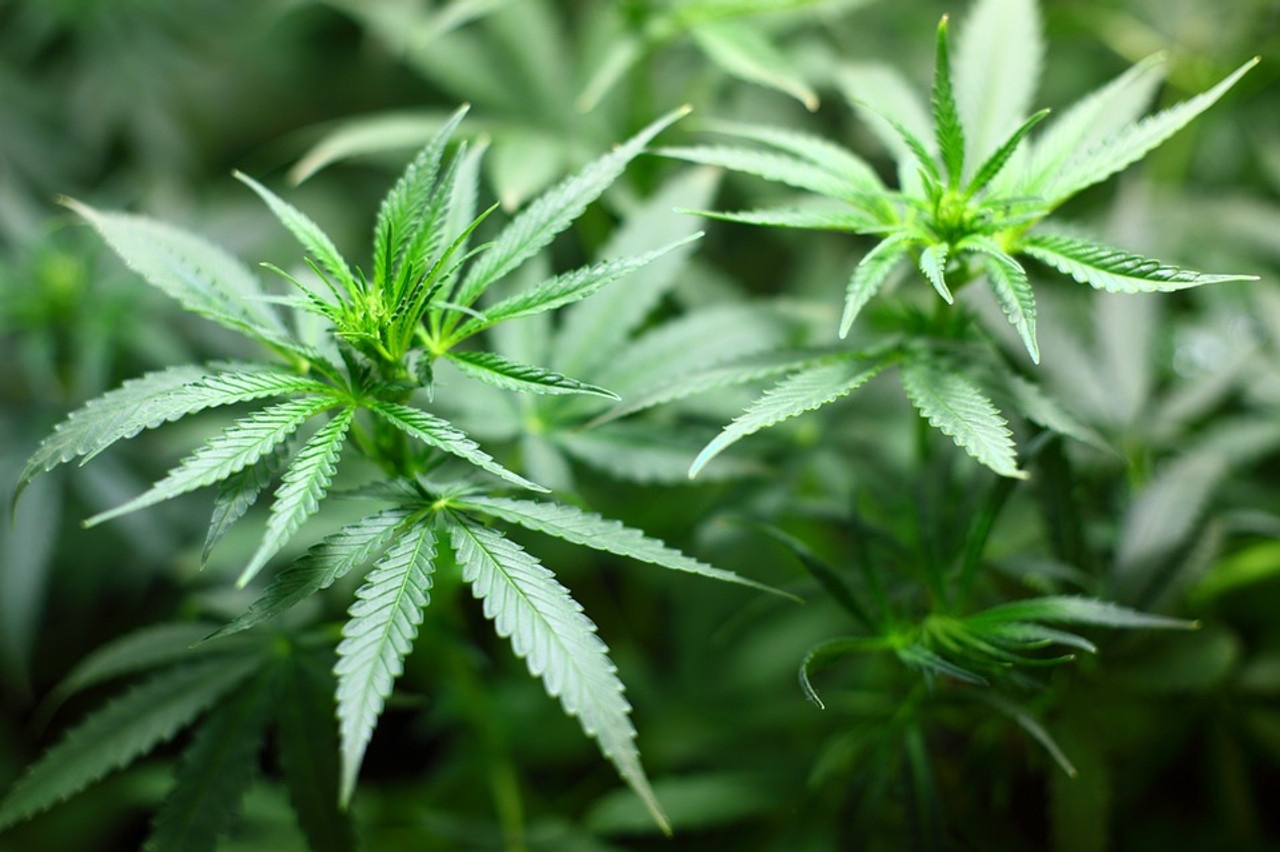Over the past few years, the world has seen a remarkable shift towards cannabis legalization. Many countries are changing their laws to allow the use of cannabis for medicinal or recreational purposes.
This transformation is no longer just a conversation among policymakers; it’s becoming part of daily life in many places. But why is this happening? And what does it mean for the future?
Understanding Cannabis
Cannabis, often referred to as marijuana, has been used for thousands of years. Many people find that it helps with various medical conditions, making it an appealing option for treatment.
Cannabis used to be seen with doubt. Now, more research shows its benefits, and public opinion is changing. Today, more and more places are considering or have already embraced legalization.
Countries Leading the Way
Several countries have taken major steps forward in the realm of cannabis legalization. Some notable examples include:
Canada
In 2018, Canada became the second country in the world to fully legalize cannabis for recreational use. This law allows adults to possess and use cannabis legally, creating a regulated market for sales and distribution.
United States
Cannabis is illegal at the federal level. However, states such as California, Colorado, and Oregon have made it legal. Each state has created different laws around how cannabis can be used and sold, resulting in a patchwork of regulations.
Uruguay
In 2013, Uruguay became the first country to legalize cannabis fully. The government controls cannabis production and sales. Adults can buy it from pharmacies and grow their own plants.
Netherlands
Cannabis is illegal, but the Netherlands allows coffee shops to sell it. This is part of their tolerance policy, which has specific rules for customers.
The Benefits of Legalization
There are many advantages to cannabis legalization. Here are a few key benefits:
Economic Growth
Legalizing cannabis can lead to job creation and increased tax revenue. Countries like Canada have seen significant financial gains from their legal cannabis markets.
Reduced Crime
Regulating cannabis can help governments cut down on illegal trade. This also reduces crime and makes communities safer.
Health Benefits
Cannabis can provide relief for various medical issues, from chronic pain to anxiety. Legalization allows patients to access it safely.
Challenges Ahead
Despite the progress, challenges remain in the world of cannabis legalization. Different countries face unique obstacles, including:
Public Perception
Many people still hold onto outdated views of cannabis as a dangerous drug. Changing public perceptions is essential for broader acceptance.
Regulatory Differences
Different countries have their own rules. This can confuse consumers and businesses.
Health Concerns
Some worry about the health effects of widespread cannabis use, including dependency issues and mental health complications.
Addressing these challenges is crucial to ensuring a successful future for cannabis legalization.
What Does the Future Hold?
As the conversation around cannabis legalization continues, it is clear that change is on the horizon. Countries that have legalized cannabis will increasingly share their experiences, guiding others in shaping their policies.
Social media also plays a big part in this change. Young people are talking about cannabis openly, sharing their experiences, and breaking down stereotypes. This is what is trending and is helping to push for more legalization around the globe.
The Changing Landscape of Cannabis
The global trend in cannabis legalization is growing, driven by shifting attitudes, economic benefits, and studies showing its potential for medical use. While challenges remain, the general outlook is positive. Whether you’re supportive of cannabis legalization or want to learn more about the facts, staying informed is the best way to contribute to this ongoing dialogue.
For more helpful tips, check out the rest of our site today.



